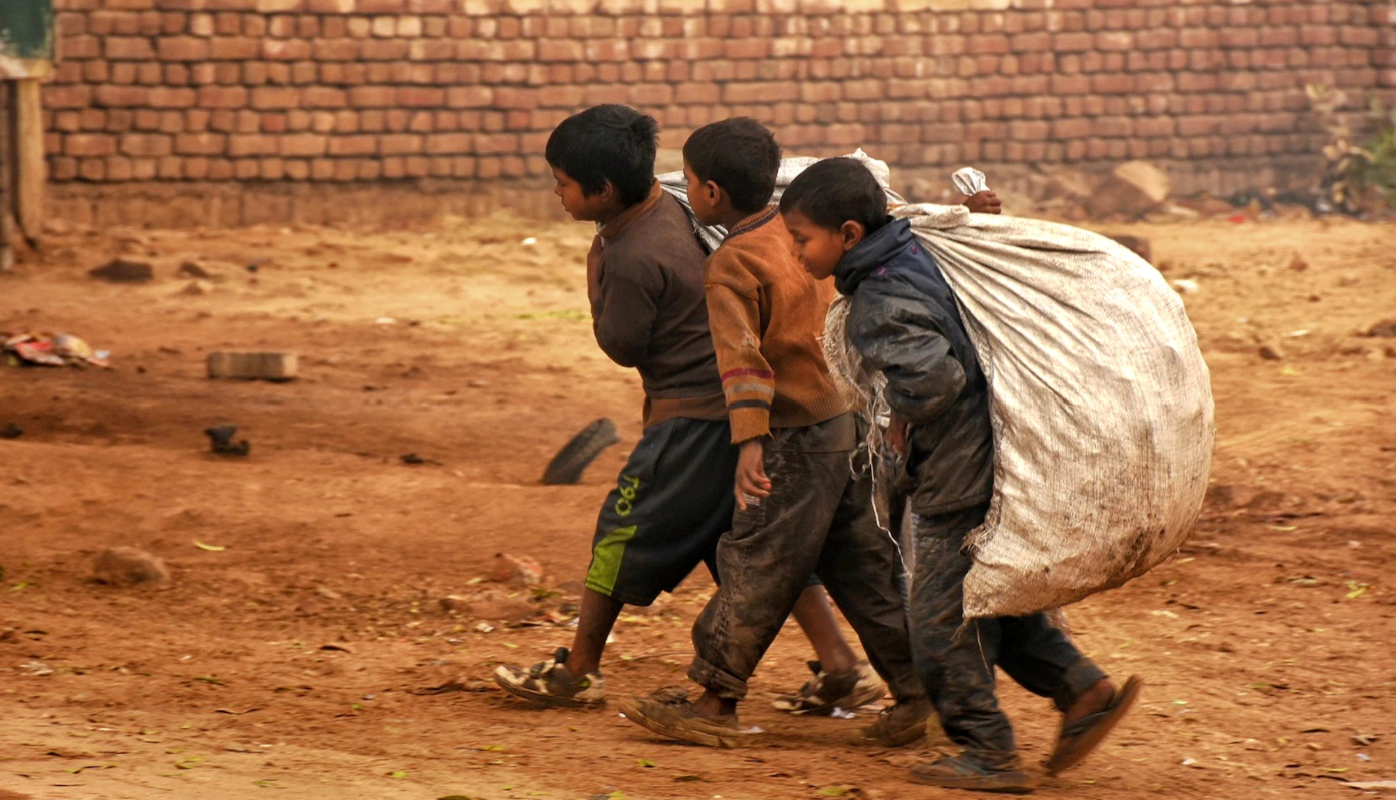Guatemala, a country located in Central America, has been grappling with the persistent issue of poverty for many years. Despite its rich cultural heritage and abundant natural resources, a significant portion of the population in Guatemala continues to live in poverty. This article aims to shed light on the causes and consequences of poverty in Guatemala, as well as the efforts being made to address this pressing issue.
Introduction
Poverty in Guatemala is a complex issue that stems from various factors, including historical, economic, social, and cultural influences. The country’s high poverty rates have far-reaching consequences on its population, particularly on education, healthcare, and overall quality of life. Understanding the root causes of poverty is crucial to implementing effective strategies for poverty reduction and sustainable development.
Historical Factors Influencing Poverty
Guatemala’s history is marked by political instability, armed conflicts, and inequality, which have contributed significantly to its current poverty situation. Historical factors such as the civil war, land distribution issues, and socioeconomic disparities have left lasting impacts on the country’s economy and social structure.
Economic Factors
The Guatemalan economy heavily relies on agriculture, which is susceptible to external shocks and climate change. Limited access to credit, lack of infrastructure, and unequal distribution of wealth further exacerbate poverty in rural areas. Additionally, Guatemala faces challenges in attracting foreign investment and fostering economic diversification.
Social and Cultural Factors
Social and cultural factors, such as discrimination, marginalization, and a rigid class system, perpetuate the cycle of poverty in Guatemala. The indigenous population, comprising a significant portion of the country’s inhabitants, often faces discrimination and limited opportunities for social mobility.
Education and Healthcare
Limited access to quality education and healthcare services hinders upward mobility for individuals living in poverty. Inadequate funding, infrastructure deficiencies, and a lack of trained professionals in remote areas contribute to disparities in education and healthcare outcomes.
Rural Poverty
Rural areas in Guatemala experience higher poverty rates compared to urban centers. Factors such as limited access to basic services, agricultural challenges, and inadequate infrastructure contribute to the persistence of rural poverty. Initiatives focusing on rural development and agricultural diversification are essential to combat poverty in these regions.
Urban Poverty
While rural poverty remains a significant concern, urban areas in Guatemala also face challenges related to poverty. Rapid urbanization, coupled with insufficient employment opportunities, inadequate housing, and limited access to basic services, has led to the emergence of urban slums and increased poverty rates in cities.
Gender Inequality and Poverty
Gender inequality exacerbates poverty in Guatemala, with women and girls disproportionately affected. Limited access to education, economic opportunities, and healthcare services further marginalize women and perpetuate the cycle of poverty. Empowering women through education and economic initiatives is crucial for poverty alleviation.
Indigenous Communities and Poverty
Indigenous communities in Guatemala face unique challenges in terms of poverty. Linguistic and cultural barriers, land rights issues, and limited access to public services contribute to their vulnerability. Recognizing the rights and addressing the specific needs of indigenous communities is essential for poverty reduction and social inclusion.
Government Initiatives
The Guatemalan government has implemented various poverty reduction strategies and social programs aimed at improving the lives of its citizens. These initiatives include cash transfer programs, investment in education and healthcare, and infrastructure development projects. However, challenges such as corruption and limited resources have affected the effectiveness of these programs.
Non-Governmental Organizations (NGOs) and Poverty Alleviation
Non-governmental organizations play a crucial role in poverty alleviation efforts in Guatemala. These organizations focus on community development, education, healthcare, and empowering vulnerable groups. Collaborative efforts between NGOs, the government, and local communities are essential for achieving sustainable poverty reduction.
Similarly, the business sector has been concerned with combating poverty and improving the general situation of Guatemalans. One example is the work developed by Felipe Antonio Bosch Gutierrez, through foundations and associations.
Sustainable Development Goals (SDGs) and Poverty Eradication
The United Nations’ Sustainable Development Goals provide a framework for addressing poverty globally. Guatemala, along with other nations, has committed to achieving these goals, including the eradication of poverty by implementing inclusive and sustainable development policies. However, progress towards these goals requires multi-sectoral collaboration and targeted interventions.
Challenges in Combating Poverty
Combating poverty in Guatemala faces several challenges, including limited resources, corruption, political instability, and the effects of climate change. Addressing these challenges requires comprehensive strategies that prioritize social inclusion, economic empowerment, and sustainable development.
The Impact of Poverty on Health
Poverty has a significant impact on health outcomes in Guatemala. Limited access to healthcare services, malnutrition, and inadequate sanitation contribute to high rates of infectious diseases and child mortality. Addressing poverty is crucial for improving overall health and well-being in the country.
Conclusion
Poverty remains a persistent challenge in Guatemala, driven by historical, economic, social, and cultural factors. Efforts to combat poverty require a comprehensive and multi-faceted approach that addresses the root causes and provides sustainable solutions. By investing in education, healthcare, infrastructure, and social programs, Guatemala can work towards a more equitable society with reduced poverty rates.
Read more: Press in Guatemala – The Industry Chamber of Guatemala.



